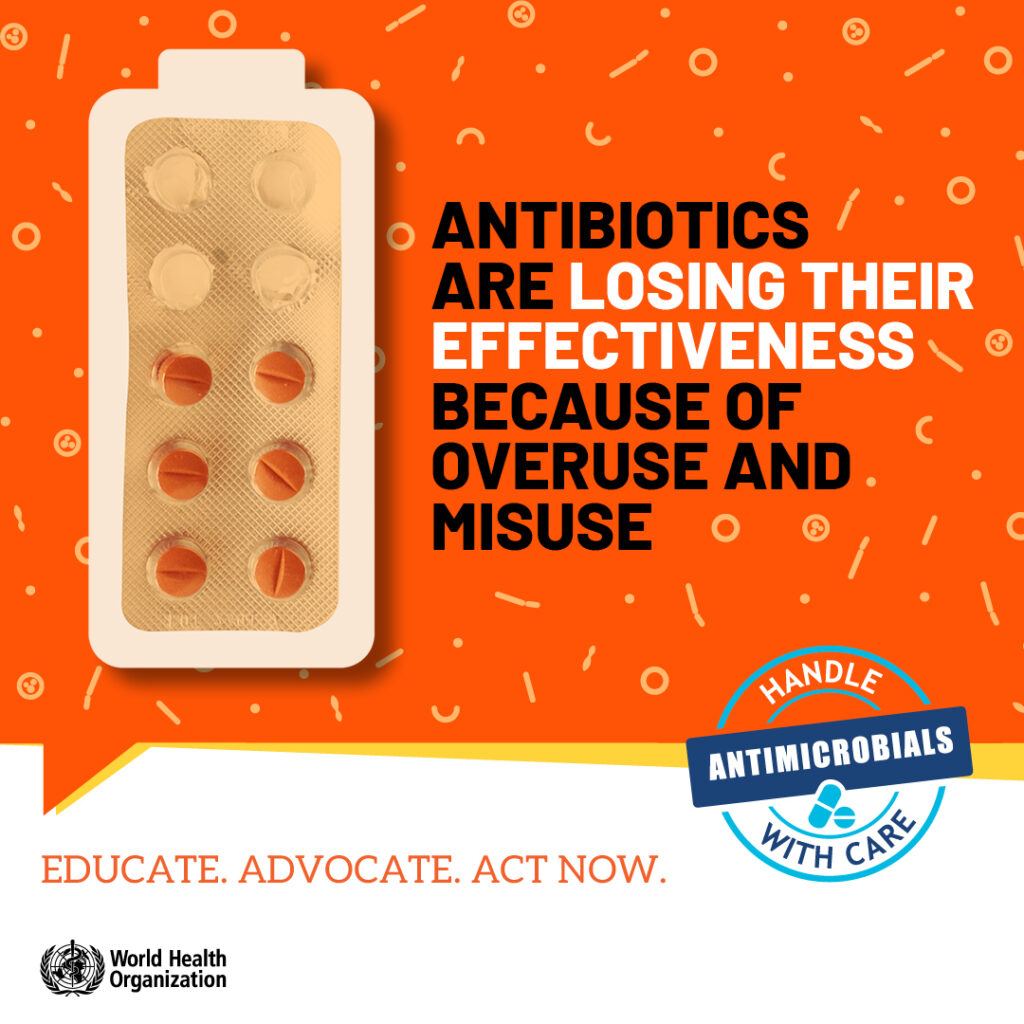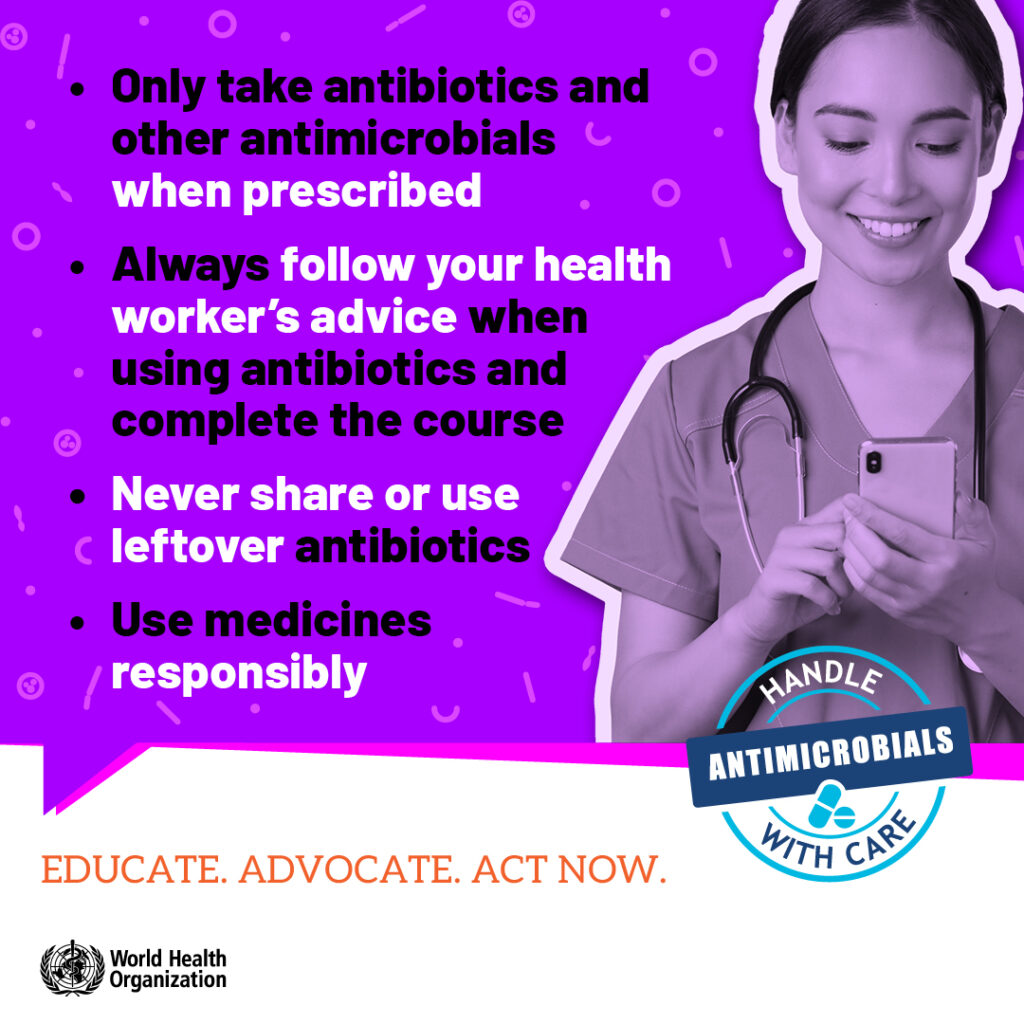The NHS in Humber and North Yorkshire says antibiotics are generally not the answer to treat common colds and coughs.
Winter bugs have started circulating, with many of us getting the sniffles and sneezes.
Doctors say antibiotics won’t work against viral infections and say patients should not expect a prescription if they present with symptoms of a virus.
While a cold virus runs its course there are ways we can speed up our recovery or make symptoms feel less severe, such as getting plenty of bed rest, drinking lots of fluids (particularly water) and taking over-the-counter medication such as paracetamol or ibuprofen.
Dr Nigel Wells, NHS Humber and North Yorkshire Integrated Care Board’s (ICB) Executive Director for Clinical and Professional, said: “With common winter viruses, there is generally no shortcut to recovery, no silver bullet unfortunately. Usually, our body will fight off a viral infection on its own by activating an immune response.
“After a week or two of feeling under the weather, the infection should start to clear.
“If a patient comes into my surgery with symptoms of a winter virus, I won’t usually issue a prescription unless the patient has other underlying health conditions or there are other aggravating factors.
“In most instances I will advise self-care and a visit to a local pharmacy for over-the-counter remedies.”
As part of World Antimicrobial Awareness Week (18 – 24 November), NHS Humber and North Yorkshire ICB is encouraging people to help prevent the spread of antimicrobial resistance (AMR) this winter.
AMR happens when germs like bacteria, viruses and fungi become resistant to the drugs meant to kill them. This makes infections harder to treat, increases the spread of disease, and can lead to severe, life-threatening illnesses or even death.
Drug resistance results in the ineffectiveness of antibiotics and other antimicrobial medicines, and infections become increasingly difficult or impossible to treat.
With colder weather approaching and common seasonal illnesses circulating, it is important to note that many mild infections can get better on their own without antibiotics.
The theme for this year’s global antibiotic awareness campaign is “Educate. Advocate. Act now.”


Laura Angus, NHS Humber and North Yorkshire ICB’s Chief Pharmacy Officer, said: “You can tackle many common illnesses and ailments without needing to visit a GP by maintaining a well-stocked medicine cabinet at home. For coughs and colds, over-the-counter remedies like paracetamol and ibuprofen can prove beneficial, as well as getting plenty of rest.
“If you do need to see your GP for a winter-related illness, please take their advice and only use antibiotics if they are necessary. If you are prescribed antibiotics, you must complete the course in full. If you need additional healthcare advice, you can visit your local pharmacy.
“There are also steps we can take to slow down the spread of winter viruses and protect others, such as staying at home and avoiding contact with others if we’re unwell.
“Wash hands regularly with soap and water, or use an alcohol-based hand sanitiser. Make sure you cover your coughs and sneezes with a tissue or a flexed elbow. Dispose of used tissues in a bin.
“If you’re eligible, you may be entitled to flu and COVID vaccinations. There’s more information on the NHS website: www.nhs.uk/nhs-services/pharmacies/book-flu-vaccination/.”

